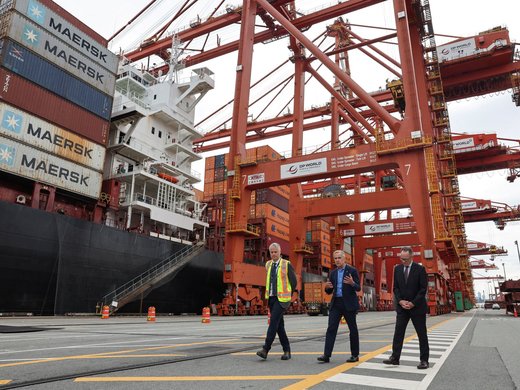Although the present system for resolving investment disputes between states and foreign investors has been around for about five decades, the most significant changes to it have occurred in just the past two. Important changes were forced upon the system when developed countries first were faced with actual prospects of appearing as respondents in investor-state arbitration (ISA), starting with the North American Free Trade Agreement (NAFTA). With NAFTA, steps began to be taken to incorporate more detailed provisions in investment treaties, some of which have served to make the system more acceptable to governments. Further provisions have been introduced in later, new-generation, treaties, based on lessons learned and reactions from the respective constituencies.
Chief among the new provisions are those introducing increased transparency to the process as well as those designed to ensure more procedural fairness and efficiency, and to reduce costs. Some of these relate to the qualification, appointment and disqualification of arbitrators; consolidation of proceedings; and summary proceedings mechanisms. Others are more substantive than procedural, such as those that redefine the scope of the system. Yet others, currently under discussion, can be considered structural — insofar as they aim to introduce new elements such as standing arbitral and appellate systems.
If these developments have occurred — and continue to occur — as reactions to developed countries facing the possibility of being respondents before the system, it follows that removing that prospect would ultimately have a chilling effect on the continued dynamic development of the system. In that scenario, the system’s evolution would be left mostly in the hands of institutions, which are usually constrained by their delicate position of neutrality from acting nimbly enough (if at all) to meet the ever-changing demands of their users. If developed states decided to forgo ISA in disputes arising from their treaties, this would also invariably herald similar moves by developing states, who usually take their cue from the developed ones.
In the end, the system — or whatever is left of it — would be worse off for such a move by developed countries, as would investors whose options for bringing proceedings against their host states would be limited to a staid system or domestic fora. Therefore, if it is agreed that the system ought to be kept in place, at least for the benefit of investors around the world, then the full participation of both developed and developing countries is essential.
As the issue of the continuing development of the system remains relevant to all countries, there is need for a mechanism that ensures its balanced evolution for the benefit of all its users, which would not be dependent on the reactionary steps of only segments of the user community at any given time.


